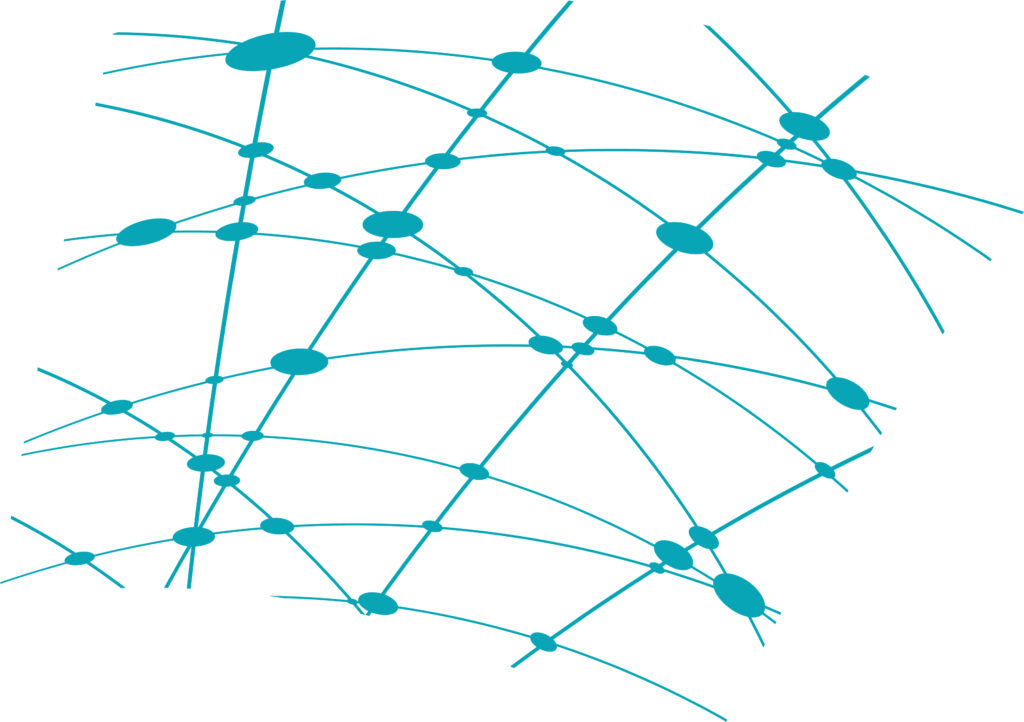
The Erlangen model
In 1872, Felix Klein published his Erlangen Programme, which brought a revolutionary and unifying perspective to geometry and symmetry. Klein’s radical programme formalised geometry using group theory, consolidating the various types of non-Euclidean geometries that had recently emerged, and in the years to come would have a vast cultural impact in mathematics, physics and beyond.
With a growing understanding of the geometric nature of data and intelligence, the Erlangen AI Hub draws inspiration from Klein’s pioneering work. We galvanise new AI technologies based on the solid foundations of pure mathematics, harnessing the power of classical theories and encouraging new ones, in mathematics and beyond, to empower the next generation of AI.
The Erlangen AI Hub is one of nine AI research hubs across the UK funded by EPSRC as part of a major £80 million investment to develop next-generation AI technologies. The hub brings together leading research teams from the University of Oxford, Durham University, Imperial College London, Queen Mary University of London, the University of Aberdeen, and the University of Southampton.
The hub will operate in partnership with a diverse group of industry partners, which are leaders in their respective fields, from large multinationals and public sector bodies to British ‘unicorn’ companies and SMEs. While AI is a core business for some, others recognise the significant role it will have in their future operations.
Our industry partners
Our partners will contribute £2 million in staff time, training and secondments, co-funding several PhDs, plus another £3.25 million in data. Find out more below:
Adarga
Adarga specialises in AI experimentation, design, and delivery, developing AI applications and software for defence, national security and commercial organisations.
BenevolentAI Bio
BenevolentAI brings together science and technology, developing knowledge graph and proprietary ontologies, to support scientists and executives in leveraging cutting-edge AI in their work.
BBC
The BBC is a British public service broadcaster in the UK and overseas, offering a wide range of services, including television channels, radio networks, online platforms, and international services.
Capgemini
Capgemini helps businesses transform and manage their operations by leveraging technology, with a particular emphasis on digital and sustainable transformation.
Graphcore
Graphcore is a semiconductor company that develops accelerators for AI and machine learning, enabling innovators to create breakthroughs in artificial intelligence to enhance human potential.
Ofcom
Ofcom is the UK’s independent communications regulator. It oversees the broadcasting, telecoms, and postal sectors, ensuring that communications services are reliable, safe, and fair.
Oxford Nanopore Technologies
Oxford Nanopore Technologies develops DNA/RNA sequencing technology, opening up new applications for biological analyses that have a profound, positive impact on society.
QinetiQ
QinetiQ is a British defence and security technology company that evaluates, integrates and secures the platforms, systems, information and assets on which missions depend.
Siemens Healthineers
Siemens Healthineers is a global medical technology company that develops and provides a broad portfolio of products and services for healthcare providers to improve patient care.
Thales UK
Thales UK designs, develops and manufactures advanced technologies for aerospace, defence, digital security and space systems, helping to make the world safer, greener and more inclusive.
Tharsus
Tharsus designs and manufactures ‘Strategic Machines’ that use advanced automation, precision engineering, and custom-built technology to address business challenges and drive commercial growth and success.
Wm Morrison Supermarkets
Wm Morrison Supermarkets is the fourth-largest food retailer in the UK. Founded in 1899 by William Morrison, the company has expanded to become a major player in the UK supermarket industry.
